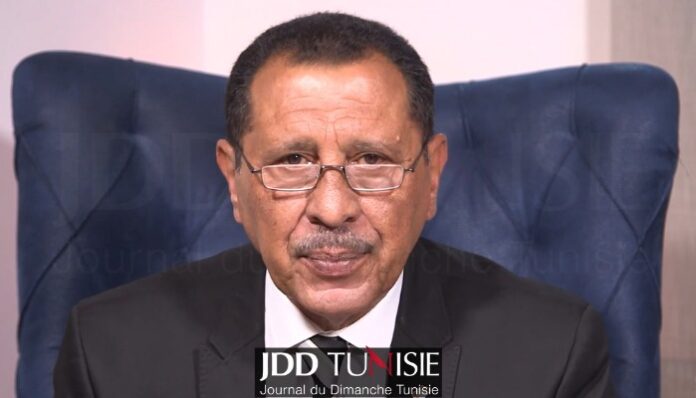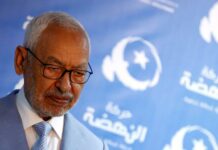No sooner had the presidential decree on exceptional measures published in the JORT been the reactions of both sides. These new measures have strengthened presidential power to the detriment of the government and parliament, whose activities remain frozen.
The decree, composed of four chapters with a total of 23 articles, allows the Head of State to replace the Assembly of Representatives of the People by legislating by decree-laws. With the decision to “end all bonuses and benefits granted to the President and members of the Assembly of the Representatives of the People”, it is understandable that this is a dissolution that does not say its name of the parliament elected in October 2019.
These decisions have been variously commented on by lawyers. For law professor Slim Laghmani, they “are not exceptional measures, it is a provisional organization of public authorities that does not say its name”. For Mouna Kraiem, the professor of constitutional law, “the presidential decree establishes a dictatorship in the true sense of the word.”
“The president has seized legislative power and all executive power and his decisions cannot be overturned. Whoever participated in the development of this project will assume his responsibility and history never forgives… We have come out of the state of exception to the state of anarchy,” she said. This is not the opinion of the lawyer and constitutional law expert Rabeh Khraifi who believes that the presidential decree confirmed that the President of the Republic has chosen to amend the Constitution. He believes that “the Constitution has not been suspended or annulled. The proof lies in the maintenance of the preamble and the chapters of general freedoms, the general rules and the judicial and local powers”.
Rifi-JDD











